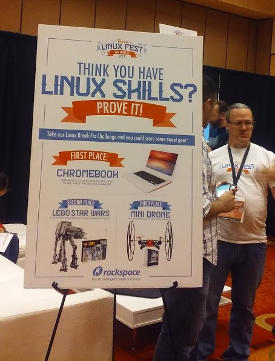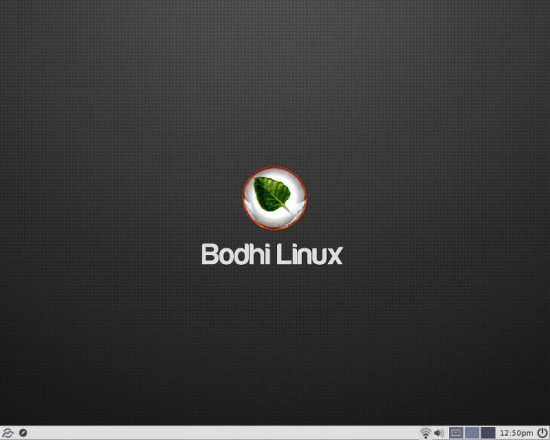In case you weren’t paying attention, there’s a new Linux file system on the horizon, thanks to a former Google engineer.
That engineer in question, namely Kent Overstreet, posted a message on LKML.org last week promoting the progress of Bcache File System, or Bcachefs, the first Linux file system written specifically for solid state disks. The purpose of the new file system is to ramp up the speed in the way Linux stores data on servers.
**
If you value this kind of coverage, please consider supporting our work through our FOSS Force Independence 2026 fundraiser.
**
 “Yet another new filesystem? Why?” Overstreet asks in his post. And then he adeptly answers the age-old question.
“Yet another new filesystem? Why?” Overstreet asks in his post. And then he adeptly answers the age-old question.
“Well, years ago (going back to when I was still at Google), I and the other people working on bcache realized that what we were working on was, almost by accident, a good chunk of the functionality of a full blown filesystem — and there was a really clean and elegant design to be had there if we took it and ran with it,” Overstreet wrote. “And a fast one — the main goal of bcachefs to match ext4 and xfs on performance and reliability, but with the features of btrfs/zfs.”
 Welcome to the team, Hunter!
Welcome to the team, Hunter!


 But this year was okay as far as travel went. It was held in San Marcos Texas, the home of Texas State University. You can’t get more “in between” Austin and San Antonio than that. Personally, I think the miracle-working staff for TLF should think about making this their permanent home. Being between two of the four largest cities in Texas, people from each don’t think twice about making the drive, as opposed to those that would have to drive to Dallas or the Metroplex.
But this year was okay as far as travel went. It was held in San Marcos Texas, the home of Texas State University. You can’t get more “in between” Austin and San Antonio than that. Personally, I think the miracle-working staff for TLF should think about making this their permanent home. Being between two of the four largest cities in Texas, people from each don’t think twice about making the drive, as opposed to those that would have to drive to Dallas or the Metroplex.
 “Yet another new filesystem? Why?” Overstreet asks in his post. And then he adeptly answers the age-old question.
“Yet another new filesystem? Why?” Overstreet asks in his post. And then he adeptly answers the age-old question.
 I never found one that was even close to the quality of my Lenovo X60s…until recently.
I never found one that was even close to the quality of my Lenovo X60s…until recently.
 The Bodhi development folks have been busy bees since lead developer Jeff Hoogland returned to retake his place beneath the Bodhi tree. First, there was the release of version 3.0.0 back in February. Then, a couple of weeks ago came the release of 3.1.0. Although this might be supposed to be a “minor” point grade release, it’s a “big deal” according to the distro’s website. Why? Because it introduces a new desktop called Moksha.
The Bodhi development folks have been busy bees since lead developer Jeff Hoogland returned to retake his place beneath the Bodhi tree. First, there was the release of version 3.0.0 back in February. Then, a couple of weeks ago came the release of 3.1.0. Although this might be supposed to be a “minor” point grade release, it’s a “big deal” according to the distro’s website. Why? Because it introduces a new desktop called Moksha.
 Learning of this, and being a big Bodhi fan, I was eager to download and install this new version to take the newly forked desktop for a spin, which I did earlier this week.
Learning of this, and being a big Bodhi fan, I was eager to download and install this new version to take the newly forked desktop for a spin, which I did earlier this week.
 This year, San Marcos is home to
This year, San Marcos is home to 
 Respect.
Respect.